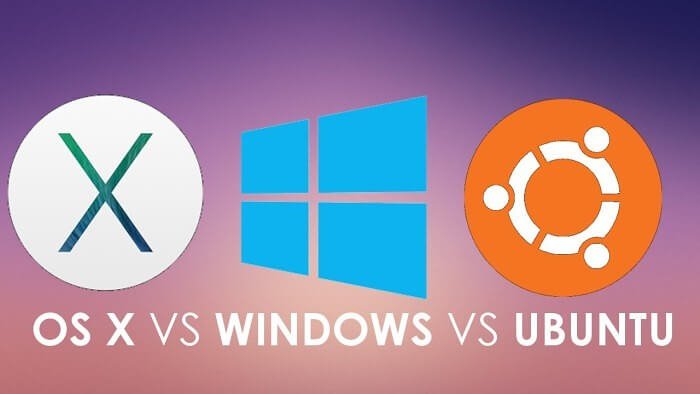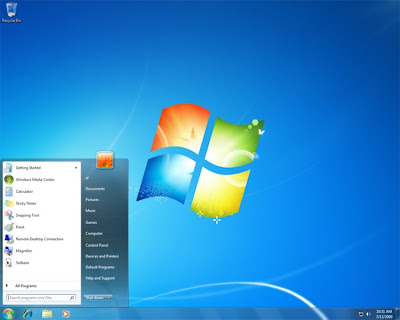

So how on earth can I defend my opinion that Linux edges out OS X here? Simple. Oh, and I should note that even inside of Debian, the patching varies between the three primary distributions: stable, testing, and unstable. I’m speaking here only for my experiences from running a Debian Linux desktop.

#Security ubuntu vs mac os Patch
Each Linux vendor does its own thing with regards to patch and configuration management. The two systems are nearly equal here in terms of capabilities, but I have to give a slight edge to Linux but with a big caveat.

None of this was necessary on Linux, on the other hand, as everything that it does (at least at a user level) adheres to the established practices in UNIX. In practice, I found myself configuring my OS X desktop environment to be more like a UNIX/Linux one, in that all my installed applications are owned by the real root user, for example, and that my desktop user identity has no “super powers” at all. To someone (like me) who is familiar with the UNIX security controls, this requires learning and adapting to the security extensions.

The default desktop user, as I pointed out last month, has “administrative privileges,” but is not root per se. The notion of root and even of the desktop user’s identity and security capabilities, for example, is completely different. OS X, on the other hand, started with the UNIX model, but then diverged rather substantially. True to UNIXThis may seem peculiar to many of you, but I find Linux’s security controls to be more true to the UNIX model they were patterned after.
#Security ubuntu vs mac os free
Is the Mac Really More Secure than Windows? FREE IT Management NewslettersīITa PlanetCIO UpdateIntranet Journal UpdateDatamation IT Management CareersDatamation IT Management UpdateGrid Computing Planet HTMLE-Security Planet NewsletterE-Security Planet HTMLDRM Watch HTML I’m saying that I’m marginally more secure on Linux than on a Mac. I can almost see my inbox filling with flames from you penguin lovers everywhere, but let me explain my opinion.įirst, though, I’ll again caveat these opinions by saying that I’m not saying Linux is or isn’t more secure than Apple’s OS X. To that, I’ll say I’m marginally more secure on Linux than on a Mac, but I prefer a Mac anyway.
#Security ubuntu vs mac os windows
In last month’s column, I said “I’m more secure on a Mac than I was on Windows XP.” Some of you asked how Linux fares in that comparison.


 0 kommentar(er)
0 kommentar(er)
